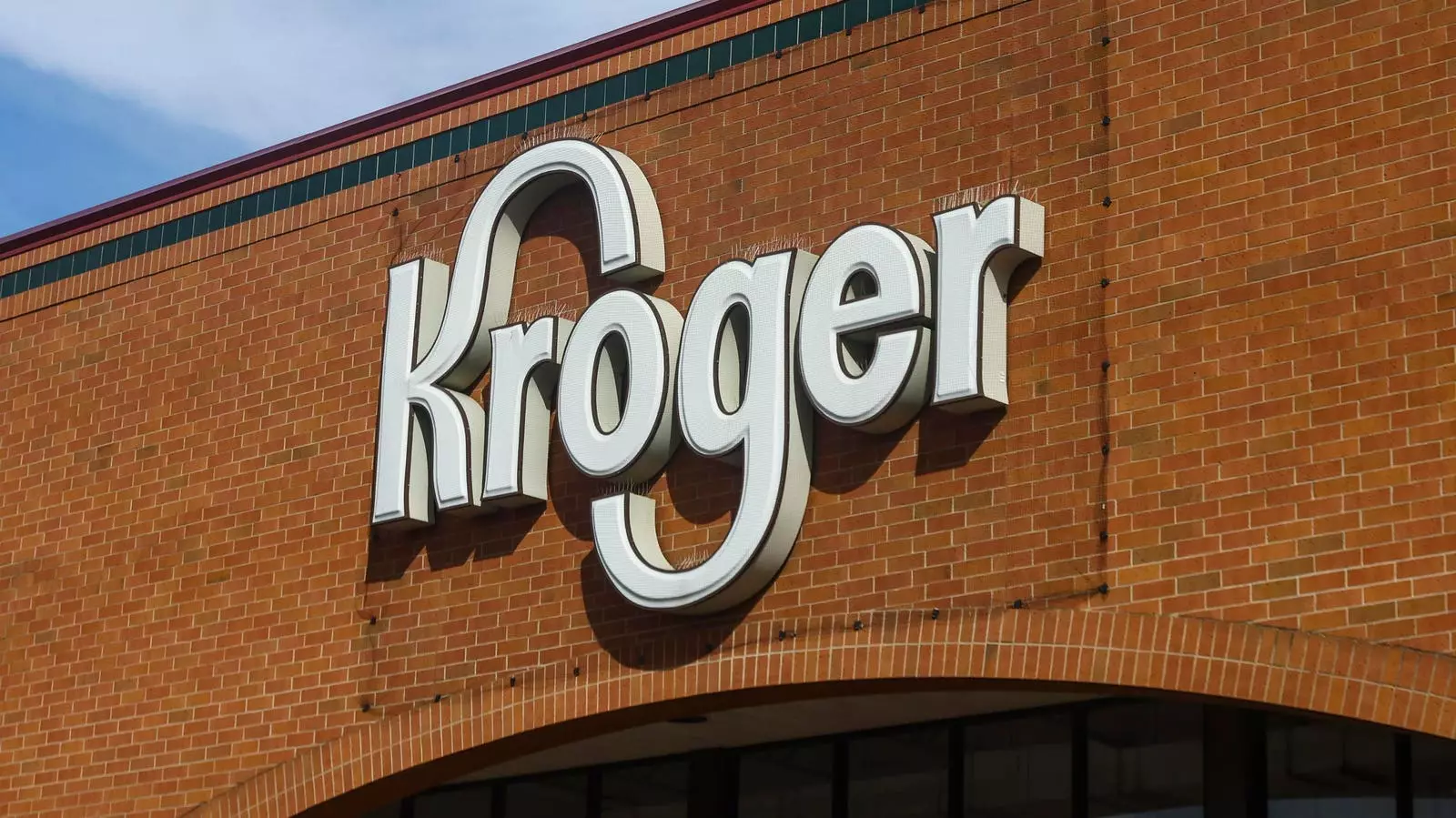The grocery sector has recently found itself embroiled in controversy following the abrupt termination of the proposed $25 billion merger between Kroger, the second-largest supermarket chain in the United States, and Albertsons, which ranks third. This unexpected fallout has not only left industry experts speculating about the future of these grocery giants but has also raised critical concerns about consumer choices, competition, and corporate accountability.
The flags were raised when two federal judges sided with the Federal Trade Commission (FTC), which had filed a lawsuit to block the merger, citing potential harm to consumers. Their concerns centered around predictions that the merger would likely increase prices and limit the availability of fresh food as stores shut down following consolidation. This judicial intervention underscores a significant moment in regulatory oversight, with implications that could reverberate throughout the grocery industry for years to come.
Regulatory scrutiny in mergers isn’t new, but the current climate represents a growing wariness toward the potential for industry monopolization. As larger entities seek to consolidate their power, the effects on local economies and consumer welfare often emerge as paramount concerns. The Kroger-Albertsons case serves as a stark reminder that corporate ambitions can be curbed by legal frameworks designed to protect the public good.
In a dramatic turn of events, it was Albertsons that terminated the merger agreement and subsequently initiated legal action against Kroger, accusing it of breaching the contract. The essence of Albertsons‘ claims is particularly troubling: it argues that Kroger failed to exert its “best efforts” and neglected to take necessary actions that could have secured regulatory approval. Kroger, however, has vigorously countered these allegations, declaring them „baseless“ and asserting that it was Albertsons that engaged in “intentional material breaches.“
This legal drama reveals the intricate and often contentious nature of corporate relationships, especially in high-stakes mergers. Trust plays an essential role in these agreements, and the breakdown between Kroger and Albertsons highlights how quickly corporate partnerships can devolve into public disputes. As public sentiment grows increasingly skeptical of corporate motives, such lawsuits may further erode consumer trust in these established brands.
The implications of this failed merger extend far beyond corporate quarrels; they impact real consumers. Consolidations in the grocery sector have garnered criticism for their potential adverse effects on pricing, product availability, and even labor conditions. United Food and Commercial Workers (UFCW), which represents thousands of Kroger employees, has called for the resignation of Kroger CEO Rodney McMullen, holding him accountable for poor strategic decisions and prioritizing short-term stock gains over the welfare of employees and shoppers.
The announcement of a massive $7.5 billion stock buyback from Kroger just a day after regulators blocked the merger instigated further outrage, as this funding could have been redirected towards enhancing store facilities or reducing consumer prices. UFCW has pointed out the incongruity between this shareholder payout and Kroger’s previous promises during the merger negotiations, which emphasized plans to lower prices and invest in employee wages. This inconsistency in corporate strategy raises pertinent questions about Kroger’s commitment to its customers and employees.
The Kroger-Albertsons episode offers important lessons for the grocery industry. Firstly, it emphasizes the necessity for robust scrutiny of mergers to ensure competitive markets that benefit consumers. The breakdown of this high-profile merger highlights how corporate leaders must maintain transparency and integrity in their commitments to avoid potential legal clashes and public backlash.
Moreover, as consumers become increasingly invested in the practices of the brands they support, companies must recognize the value of aligning their corporate actions with their spoken promises. Failure to do so not only risks employee dissatisfaction but can also lead to lost customer loyalty and tarnish a brand’s reputation in the long run.
While the prospects for Kroger and Albertsons may currently appear bleak, the situation serves as a clarion call for corporate responsibility and consumer rights advocacy within the grocery sector. The fallout may yet prompt meaningful discussions around regulatory policies and the ethical considerations of corporate mergers, ultimately shaping the future landscape of the food industry in profound ways.


Napsat komentář